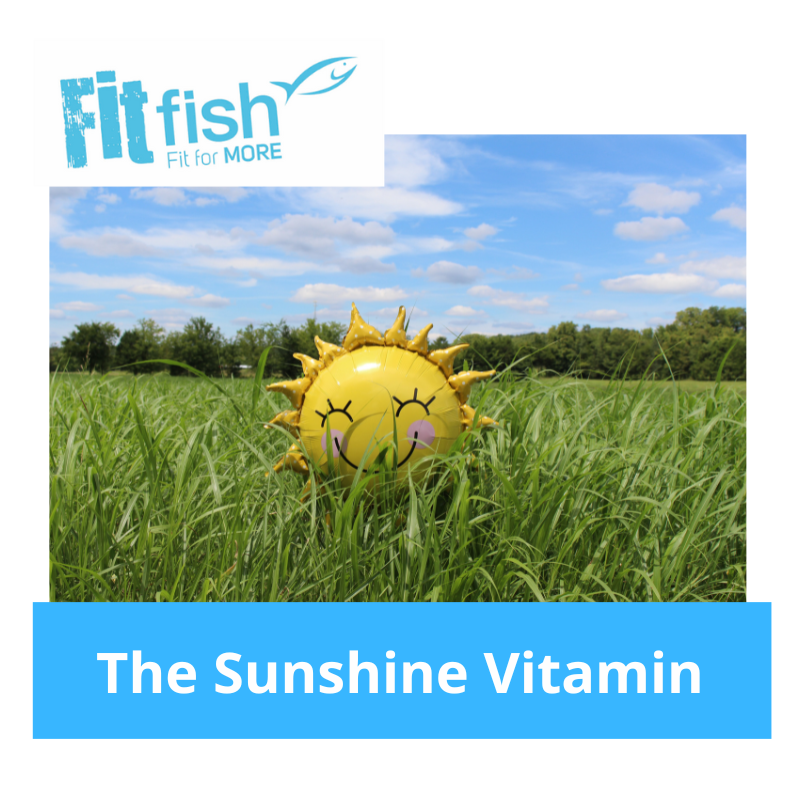The ‘Sunshine Vitamin’

As the sun fades away this autumn as we turn into winter let’s take a look at the ’Sunshine Vitamin’ – Vitamin D.
Sufficient levels of vitamin D are essential for disease prevention, longevity, and optimising human health.
The major source of vitamin D is direct sunlight exposure. Unveiling bare arms and legs for 5 to 30 minutes between 10:00 AM and 3:00 PM is often adequate to meet vitamin D requirements. But this can vary depending on skin pigmentation and other factors.
Vitamin D obtained from summer sunlight can be stored in our bodies for a long period, however many people cannot store enough to see them through the winter months.
Variables such as age can also affect the amount of vitamin D converted in the skin. The cholesterol precursor in the skin for vitamin D2 and vitamin D3, decreases as we age. In fact, it decreases at a rate of 50% between the ages of 20-80. This inhibits the amount of vitamin D3 older people can make. Thankfully, you don’t have to rely solely on the sun, whole-foods can also deliver a good source of vitamin D.
Here are 5 foods that can help you to get your Vitamin D intake:
- Salmon: Ideally aim for wild-caught, but either way, salmon is an easy fatty fish to get your source of vitamin D.
- Herring: Herring feed on small fish such as anchovies and sardines, as well as small weed-dwelling crustaceans and insects making its vitamin D levels high.
- Sardines: Wild caught ocean-raised fish, such as sardines, feed on vitamin D–rich plankton, so they contain much higher levels of vitamin D than farm-raised varieties of fish. One can of sardines contains on average 22% of the daily recommended amount.
- Eggs (yokes): Most of the protein in an egg is found in the white, however, the fat, vitamins, and minerals are found mostly in the yolk. Choose carefully, because vitamin D levels in chicken egg yolk depends largely on the sun exposure. Free-range chickens that roam outside in the sunlight can produce eggs with higher levels of vitamin D.
- Mushrooms: Mushrooms are the only non-animal, unfortified food source of vitamin D that can provide a substantial amount of D2 in a single serve. Some brands grow mushrooms in the dark, which drastically reduces vitamin D2. Choose wild or sun-dried mushrooms or mushrooms treated with UV light for a good source of vitamin D.
If you are looking for a way to inject some fun into what can be dreary winter days, don’t forget we have the next of our new ‘Ignite’ events – a clay bead-making workshop – coming up on 7th December. You’ll find all the details and links to sign up here.
Comments
Add comment